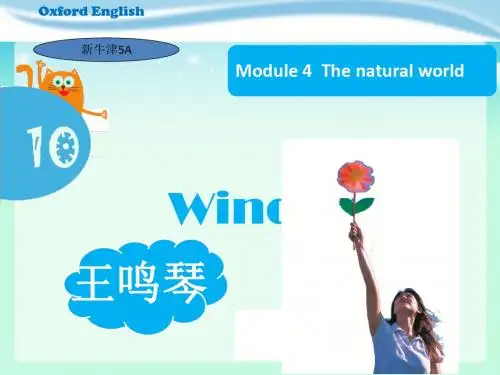昂立新进阶5U10课件
- 格式:ppt
- 大小:14.52 MB
- 文档页数:47
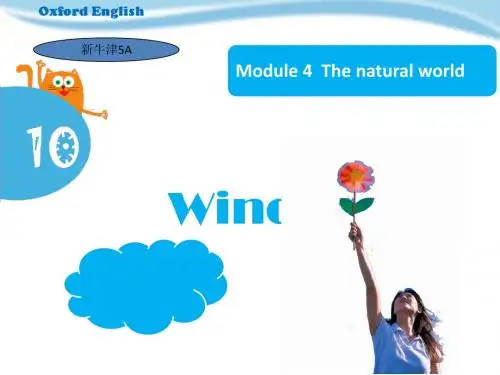

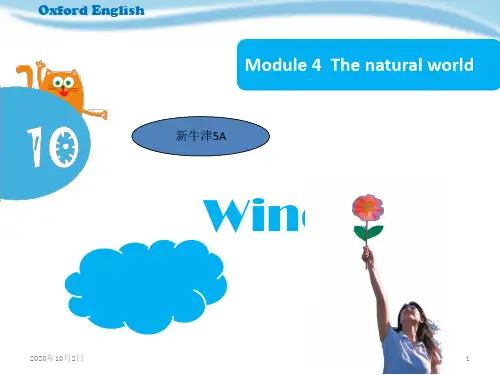
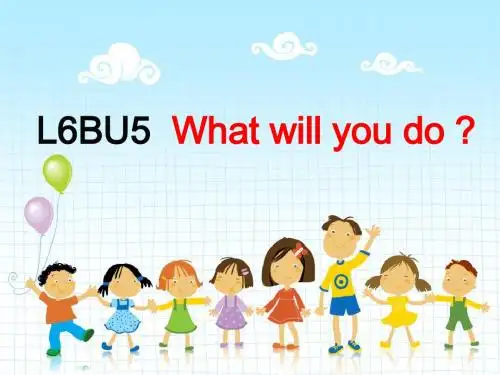
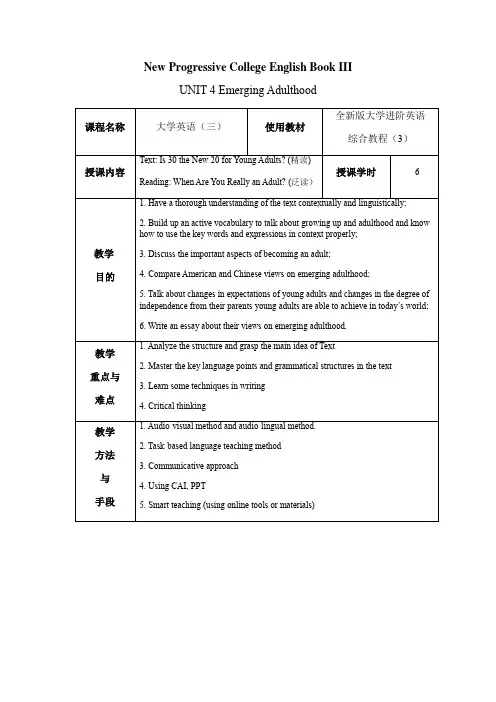
New Progressive College English Book III UNIT 4 Emerging Adulthood1. Teaching Objectives:Students will be able toA. have a thorough understanding of the text contextually and linguistically;B. build up an active vocabulary to talk about growing up and adulthood and know how to usethe key words and expressions in context properly;C. discuss the important aspects of becoming an adult;D. compare American and Chinese views on emerging adulthood;E.talk about changes in expectations of young adults and changes in the degree ofindependence from their parents young adults are able to achieve in today’s world;F. write an essay about their views on emerging adulthood.2. Time Allotment:1st Period: Lead-in Activities (Warm-up activities; Discussion about adulthood)2nd Period: Global Reading (Text: Approaching the theme; Analyzing the text organization)3rd Period:Detailed Reading (Understanding the text in a deeper level; Analyzing difficult sentence structures)4th Period: Detailed Reading Continued (Learning new words; Summarizing good usage)5th Period: Comprehending Reading 1 (Skimming the text; Explaining the difficult sentences of the text; Doing sentence translation))6th Period:After Reading (Viewing and listening; Speaking; Assignment)3. Teaching Procedures:Lead-in ActivitiesStep 1. Warm-up activitiesThe teacher leads students to figure out the five stages of life (infancy, childhood, adolescence, adulthood and old age) and tells them a new life stage “emerging adulthood” has been proposed by psychologists to describe the period of time between adolescence and adulthood..Method: PPT, communicative approach.Step 2: Discussion about adulthoodThe teacher has students work in pairs and discuss the questions in Opener about their own criteria for reaching adulthood. The teacher reminds students to refer to the helpful words and expressions given below the pictures.Method: Using task-based language teaching method, communicative approach.Global ReadingStep 1. Approaching the themeThe teacher has students know the background information about the term “emerging adulthood” in Culture Notes.Emerging Adulthood: Starting in 1995, psychologist Jeffrey Jensen Arnett interviewed 300 young people aged 18 to 29 in cities around the nation over five years, asking them questions about what they wanted out of life. Working from those interviews and examining broad demographic indicators, Arnett proposed a new period of life-span development he calls “emerging adulthood”.从1995年开始,历时5年,心理学家杰弗里·阿内特在美国许多城市访谈了300位18-29岁的年轻人,就他们想从生活中得到什么进行提问。


